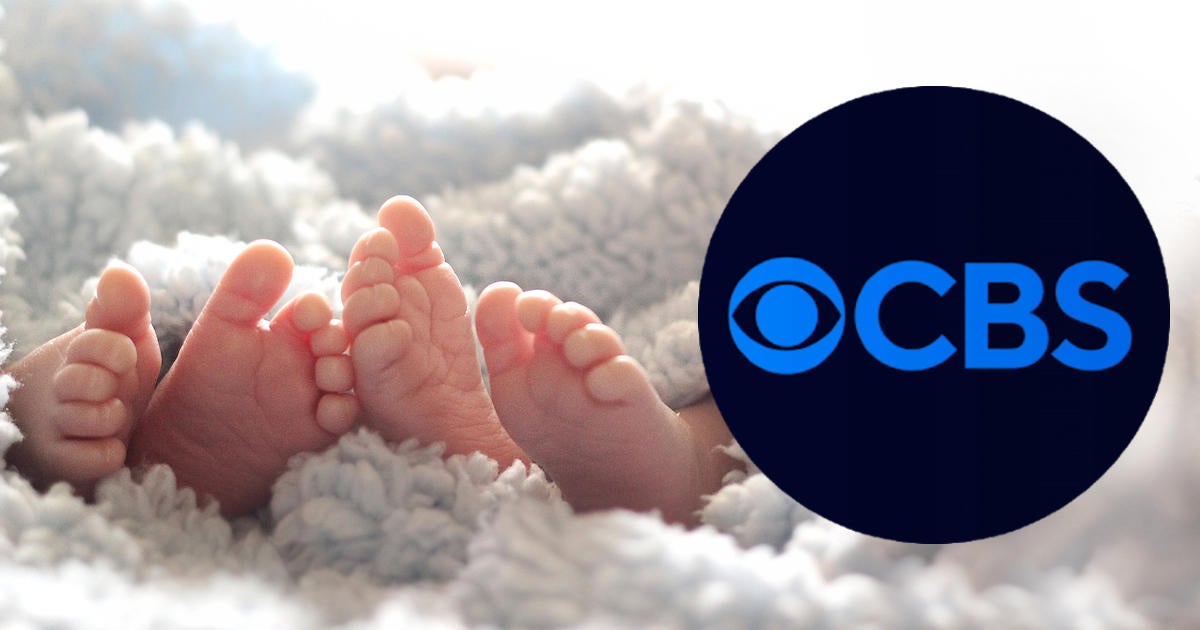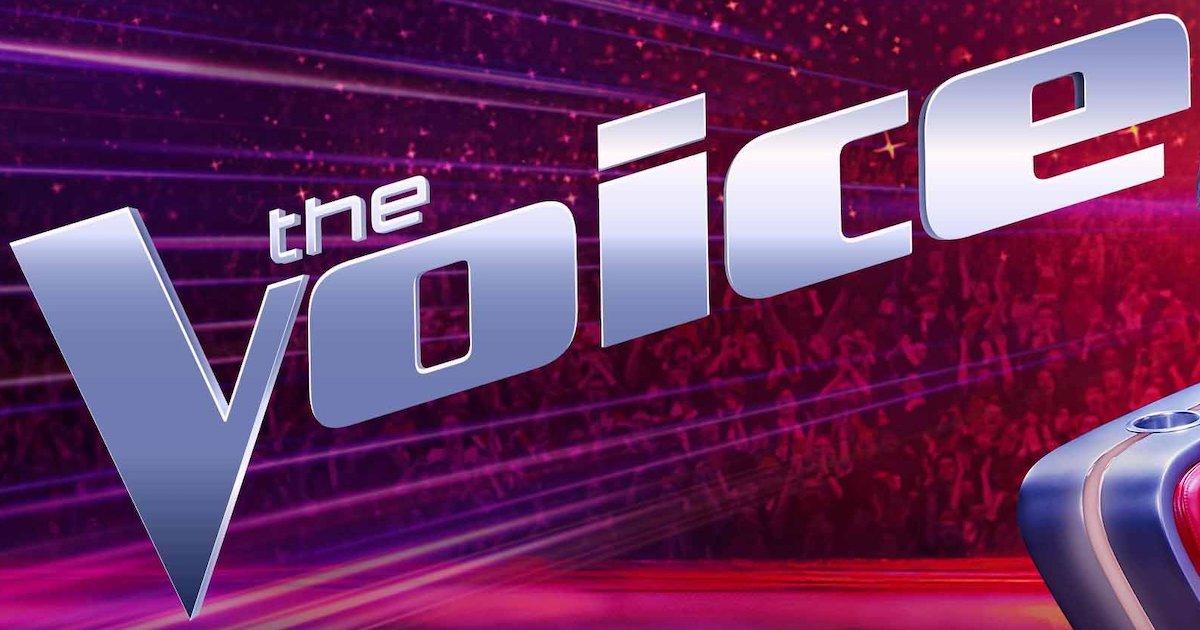6 Reasons Why Drake Lost
Six years ago, Pusha T beat Drake in one of the most surreal rap beefs in hip-hop history—a standard exchange of diss tracks that ended very abruptly when Push shared a photo of Drake in blackface and also revealed the existence of his once-unclaimed son, Adonis, on “The Story of Adidon.” He beat him quick. He beat him clean. Easy money.
Drake’s more recent collapse this past weekend against Kendrick Lamar and his merry coalition of haters—Future, Metro Boomin, Rick Ross, A$AP Rocky, and the Weeknd—was a bit closer, a lot more complicated, and a perfect subject for some intensely disagreeable postmortem analysis.
Kendrick Lamar outplayed and out-rapped Drake. But Drake also made a series of missteps, some understandable, some unfathomable, that gave the game away to Mr. Morale. I’ll do my best to explain the biggest problems with his overall strategy in this beef.
He Was Unfocused
The most arguably unavoidable but nonetheless unfortunate mistake that Drake made in this conflict was playing on his opponents’ terms without objection. He couldn’t resist the opportunity to be seen as a badass and an underdog by fighting several opponents at once. Still, obviously, Drake shouldn’t have fought a 20-vs.-1.
The easy assumption that Drake had no choice but to address everyone at once is questionable. He’s Drake. He’s the second-biggest musician on earth and the dominant rapper of the past decade and a half. As such, he was in a stronger position than anyone to dictate terms to (1) rappers with much smaller audiences, e.g., Ross, Rocky, and (2) opponents who don’t even rap, e.g., Metro, Weeknd, and thus weren’t in much of a position to competitively respond in later stages anyway (until …). Drake should’ve strategically ignored his secondary opponents and largely limited his disses after “Push Ups” to Kendrick, as he was clearly the final boss. His failure to do so left him overextended on “Family Matters,” a great song but a wildly unfocused and horribly inefficient diss track. This song was billed as Drake’s “red button” to eliminate Kendrick, and yet here he was wasting dozens of bars and his coldest flow on the pop singer and the fashion model. This was foolish.
Not until “The Heart Part 6” on Sunday evening did he limit himself to addressing Kendrick. But then, it was only to rehash everything he’d already said about Kendrick—claims that we’ll examine shortly—a couple of days earlier on “Family Matters” while now also being very apparently exhausted and forced into the mortifying position of having to rap, “Drake is not a name that you gon’ see on no sex offender list.” So even then, his attention was irreparably split. He needed to corner Kendrick faster, earlier.
He Was Inflexible
The most worrisome sign of Drake’s likely fate in this beef was the elaborate rollout for “Family Matters.” The song came with a music video in which he crushes a variation of the van on the deluxe cover of good kid, m.A.A.d city and an IG teaser of Drake spoofing Kendrick on “Buried Alive Interlude” from Take Care. This was an album-quality premiere.
Of course, Kendrick—in perhaps the most devastating maneuver in the history of rap beef—immediately stomped all over “Family Matters” with “Meet the Grahams.” Kendrick anticipated “Family Matters,” as evidenced by the title and the content of “Meet the Grahams,” an open letter to Drake’s son, Drake’s parents, and—in what is framed as a reveal—Drake’s disgracefully unclaimed daughter. “Family Matters” was impressive, but “Meet the Grahams” was something else: something occult. The first two words of this song opened a portal to hell: Dear Adonis … This song transformed the very nature of the conflict, from something petty to something existential, in six minutes and 32 seconds. It was the sort of song that makes you remember everything about where you were, what you were doing, and what you were thinking when you first heard it, especially if you heard it immediately upon release. First, I thought, This song is unhinged, and I feel compelled to turn myself into police custody for listening to it. Second, I thought, Damn—I bet Drake feels silly as shit for producing a whole music video and everything for that diss he put out 10 minutes ago.
Drake clearly bet the farm on “Family Matters.” This was stupid, and he should feel stupid for doing it so exorbitantly. For weeks, Drake postured as a man prepared to battle Kendrick at the pace of social media, with a thousand tricks up his sleeve, but once he got outflanked on Friday night, the Boy froze. He couldn’t adapt. He wouldn’t survive the weekend.
He Overestimated His Own Trustworthiness
OK—let’s get into the issues that have got r/Drizzy self-radicalizing with claims of insurmountable bias and stolen elections.
On “Family Matters,” Drake launches a few bombshell allegations: that (1) Kendrick beats his fiancée; (2a) Kendrick cheats on his fiancée (2b) with white women, hypocritically enough; and (3) Kendrick’s label cofounder impregnated his fiancée, and now Kendrick is raising another man’s son. Taken together, these revelations all sound pretty debilitating for Kendrick, right?
The problem is that Drake is the worst possible messenger for these unverified details. Kendrick likely anticipated that Drake would lack the self-awareness to understand why this was the case, and that’s why he so brazenly dared Drake to press his “red button,” with “Family Matters,” despite Kendrick clearly anticipating its subject matter. The why is so obvious that many observers probably realized it without even realizing that they realized it: Drake’s two big rap beefs before Kendrick—the battle that he won against Meek in 2015 and then the battle that he lost against Pusha T in 2018—both largely concerned lies and misdirection from Drake. He lied about ghostwriting in the beef with Meek and then he lied about paternity in the beef with Push. Why would anyone (other than a stan) now watching this beef reflexively accept any unverified statements coming from Drake at face value, all things considered? Drake is fundamentally untrustworthy in this context. And Drake wasn’t prepared to give anyone a reason to trust him in this particular case.
Without hard proof—something other than murky interpretations of social media follows—Drake was in no position to press any of these angles beyond the realm of gossip. He over-leveraged his credibility. “Meet the Grahams” dropping only a few minutes after “Family Matters” surely stifled this angle in a big way, but really Drake only had so much credibility to spend in the first place. There’s a reason why Metro Boomin and Future titled the two albums at the front of this conflict We Don’t Trust You and We Still Don’t Trust You.
This is also partly why there’s a double standard, like it or not, for the competing things Kendrick said (about Drake being a pedophile and having a secret daughter) and Drake (about Kendrick being a “dog” and an abuser). Kendrick doesn’t have the same reputation for slipperiness and misdirection and lying in rap beefs. Kendrick said it himself, on “Meet the Grahams,” in one of the coldest lines from either rapper in this whole beef: Why believe you? You never gave us nothing to believe in. It really is that simple.
Sidenote—this whole notion of winning a rap beef with airtight fact claims is a highly revisionist standard. Dr. Dre didn’t prove that Eazy-E was a pedophile. 2Pac didn’t prove that he slept with Faith Evans. Jay-Z didn’t prove that he came in the Bentley backseat, skeeted in the Jeep, and left condoms in the baby seat; nor did Nas prove that Jay attended any such karate class at age 36. Drake would understand this as well as anyone else—Meek Mill had a handful of unflattering facts about Drake, but Drake had the better songs and the better strategy for winning Drake vs. Meek. I can’t tell you why Drake then chose to imitate Meek in Drake vs. Kendrick, but it obviously hasn’t worked out very well for him.
Pusha vaporizing Drake with facts was the exception, not the rule; “The Story of Adidon” set a somewhat warped, ahistorical standard for Drake vs. Kendrick. Drake appears to have internalized that exception and also learned the wrong lessons from it. Drake betting the farm on his ability to overwhelm his opponent with scandalous assertions was a choice—ultimately a deeply misguided one.
He Underestimated His Own Creepiness
Drake likely suspected that, if anything, the novelty of his claims about Kendrick made his hand stronger than Kendrick’s more predictable allegations about him. But he had this backwards.
Consider the hostile statements that these guys are making about each other. Drake says Kendrick is a philanderer and a woman-beater whose prestigious stature is built upon ugly self-righteous lies. Kendrick says Drake is a deadbeat and a creep with Peter Pan Syndrome and a vampiric relationship with street rappers and Black music in general. Now, note the contrast: Drake was trying to disgrace Kendrick with uncharacteristic revelations about him, while Kendrick was trying to disgrace Drake with characteristic revelations about him—in other words, things that people were already prepared to believe about Drake. So Kendrick had both an easier job to do and more credibility with which to do it.
Worse yet, Drake struck an uncanny and unflattering posture on both “Family Matters” and “The Heart Part 6” that on some level seemed to validate Kendrick’s unsavory portrayal of him—not that he’s a pedophile, per se, but that he’s a creep. Drake sounded creepy white-knighting for Whitney Alford in a grave conversation about domestic violence but then also instructing her to twerk to “Rich Baby Daddy.” He sounded creepy flirting with Whitney on a song otherwise dedicated to establishing that Drake is not a name you gon’ see on no sex offender list. It was all very airheaded and tone-deaf and childish and consistent with Kendrick’s portrait of Drake. Drake’s songs raised some uncomfortable questions about Kendrick, sure, but only while further reinforcing all those unflattering things that people were already prepared to believe about Drake.
He Misunderstood Kendrick
On “The Heart Part 6,” Drake does some wordplay regarding “Mother I Sober,” the song from Mr. Morale & the Big Steppers, to mock Kendrick’s determination to slander him as a pedophile: “That’s that one record where you say you got molested / Aw, fuck me, I just made the whole connection / This about to get so depressing / This is trauma from your own confessions.”
This was a widely ridiculed misstep from Drake, for a variety of reasons really, but mainly because Kendrick is very clearly talking about his mother having been abused on “Mother I Sober.” Some saw a foul here, but I disagree—any expectation of decorum in this beef went out the window as soon as Kendrick opened “Meet the Grahams” with Dear Adonis… Drake offered a very tortured misreading of a song that is not particularly complicated or otherwise difficult to understand. Cringeworthy, but whatever—this is beef, not AP English.
However this bit of “The Heart Part 6” underscored a larger problem with Drake’s mindset throughout this conflict: Drake didn’t have a great handle on Kendrick—not artistically, not psychologically, not personally—and as a result he often seemed to be attacking a mirage. One of the worst instances of this is on “Family Matters,” when Drake once again flips the Michael Jackson vs. Prince motif that these guys keep employing against one another: “Michael was praying his features would change so people believe that he’s actually white / Top would make you do features for change, get on pop records and rap for the whites.” I kinda-sorta understand what Drake is saying here, I guess—that white artists and white audiences love Kendrick—but it’s such a strangely garbled and pretentious bar that only loosely lands. It’s not an especially true or deep insight about Kendrick Lamar. Drake scored his best dig on “Family Matters” with “Kendrick just opened his mouth / Someone go hand him a Grammy right now.” It’s a great bar but also not really about Kendrick so much as it’s about a kind of person who overrates Kendrick. It’s decently clever but ultimately way too pissy and indirect for the sort of knockout he’s trying to achieve. That’s Drake’s approach to this beef in a nutshell.
Kendrick, on the other hand, was constantly calling Drake a deadbeat, a pedophile, and a colonizer on straightforward terms. “Euphoria” and “Meet the Grahams” both played on Drake’s apparent insecurities with bars that produced an eminently recognizable caricature of Drake. So his attacks resonated. Drake based so many of his own attacks in much hazier, half-assed characterizations of Kendrick—“Always rapping like you bout to get the slaves freed / You just acting like an activist, it’s make-believe”—and those attacks simply didn’t resonate with listeners in reality. (Compare them to his bars about Rocky, which are spot-on shots at a guy whom Drake clearly has dead to rights.)
He Misunderstood the Conflict Itself
On “Meet the Grahams,” Kendrick accuses Drake of hiding a second child—a daughter. Kendrick doesn’t accuse Drake; he addresses a verse to her, rapping, It’s not your fault that he’s hiding another child. This is presented as Kendrick’s own bombshell revelation about Drake. And yet the daughter is probably fake.
Kendrick flubbing this angle is now the source of so much “stop the count!”-ass outrage among stans who insist that Drake in fact staged a miraculous comeback and won the war with “The Heart Part 6.” These people are laboring under a fundamental misunderstanding of Kendrick’s game plan, which very obviously succeeded. Kendrick didn’t set out to “prove” anything—he’s not fucking Phoenix Wright. Kendrick set out to humiliate Drake in a rap beef. Kendrick would do this by inflaming Drake’s very apparent insecurities about his cultural belonging, his public image, his parenting, his authorship—he was waging psychological warfare. Sitting idly while your opponent casually addresses your mom to tell her that you’re a pedophile and you should die—that’s humiliating. “Not Like Us”—A minorrrrrrrrrrrrrrrrrr—is humiliating. “BBL Drizzy” is humiliating. Goading your opponent into dedicating half a song to establishing that they’re not a pedophile—I can think of nothing more humiliating. Ultimately, Kendrick flubbing the reveal of a second secret lovechild didn’t really matter. He humiliated his opponent 10 times over, with other angles, in other ways. He leveraged a bit of his own credibility, on one point, in service of a larger strategy.
Drake, on the other hand, was clearly out of ideas once it was apparent that his reams of innuendo about Kendrick Lamar, Whitney Alford, and Dave Free on “Family Matters” wouldn’t stick. He unfortunately reserved his utmost savviness for his last, worst diss track, “The Heart Part 6”—naming it that, for one, as a way to stymie Kendrick in any further releases in that series, but also covering his retreat with a big bluff about double agents and false intel fed to Kendrick. It sounded somewhat clever and halfway convincing until you gave it five minutes and thought to yourself: If the big-brained double-agent espionage that he executed brought him to this—If I was fucking young girls, I promise, I’d have been arrested!—of what use was the strategy? He spun this little fiction, I suspect, to leave his fans with a soothing rationalization of his loss: it was, uh, somehow, all a part of the plan. Drake sounded so spent on “The Heart Part 6” and it wasn’t even clear why—Kendrick released more disses than him! But Drake wasted more energy than anyone. Digging for dirt. Should’ve been scrambling for quotables.







